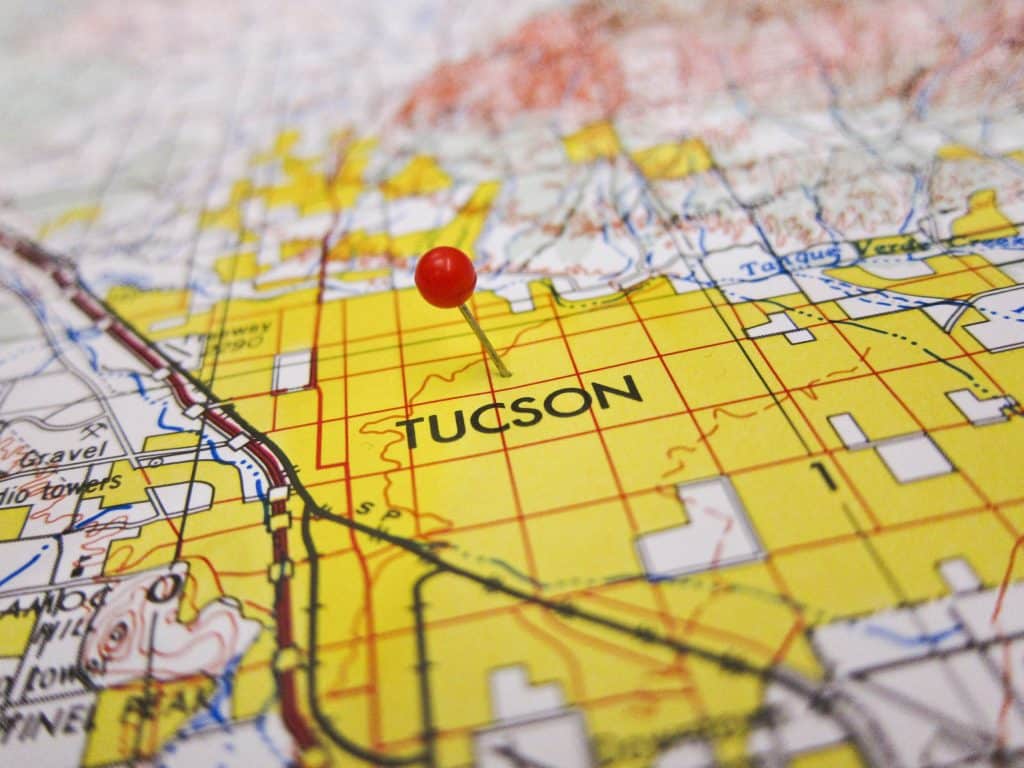GPS Tracking Devices Are Expected to Surpass $3.5 Billion By 2019
In 2019 GPS Tracking Devices Expected To Surpass $3.5 Billion
ABI Research reported that GPS tracking devices including fleet management, health, Beacons, and wearables, and are expected to generate over $3.5 billion by the year 2019. ABI Research provides quantitative forecasting and in-depth analysis in global connectivity trends and emerging technology.
In the past, the market was struggling to meet its potential because of huge barriers including the subscription requirements, the inability to track inside, high prices, and severe fragmentation and regionalization. As a result, the GPS market was not able to lower costs or create revenue to support the needed advertising/marketing campaigns.
Wearable GPS devices, which are designed for the elderly, children and pets, have boosted the market. In addition there is a growing use of GPS tracking devices among companies for fleet management and employee tracking, which has also contributed to the sales increase.
“Personal Location Device and Application Markets”, ABI Research’s latest report, considers the adoption of GPS tracking devices as well as smartphone applications across families, workers, elderly, health industry, personal assets and pets. The market potential continues to draw interest and investment. There have been a ton of new companies entering the market over the past year.
New start-ups are entering the market, such as Mastermaut and iBeacons, and are moving into lone worker applications and workforce management areas. The home market is also evolving to a support personal protection of cars, children and pets.
As many GPS units are being offered at a lower prices, they have been adopted all over the world for many applications. There has been a significant increase in shipments of GPS units over the past 12 months. iBeacons will solve the issue of indoor location issues and create a low-cost entry point. They are expected to be a major driver in the market. This new market boom is raising both consumer awareness and acceptance.
References: ABI Research
